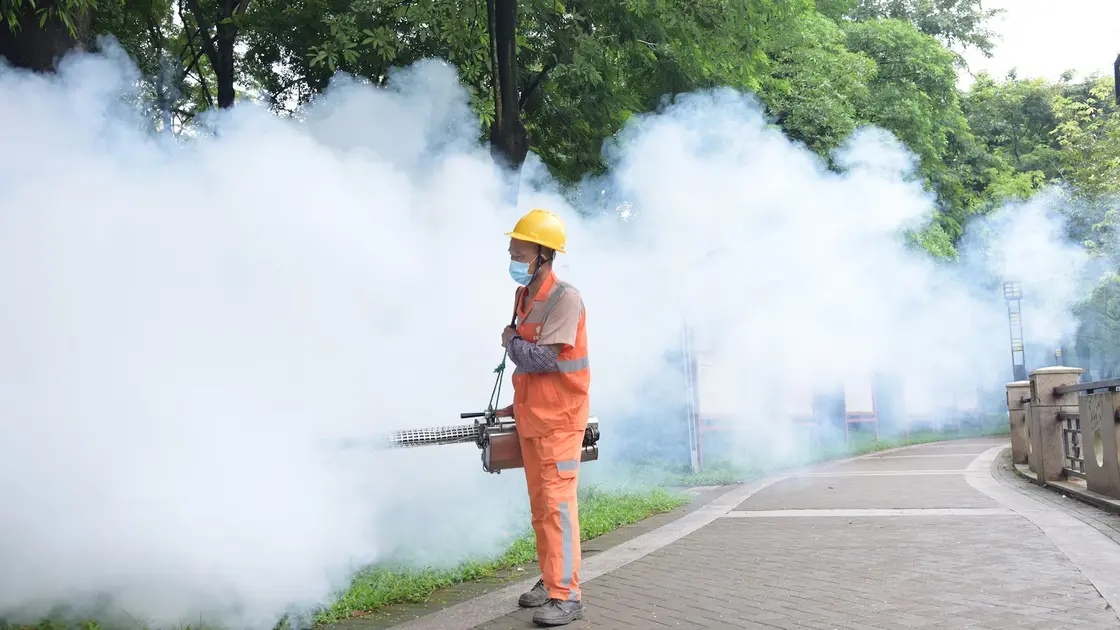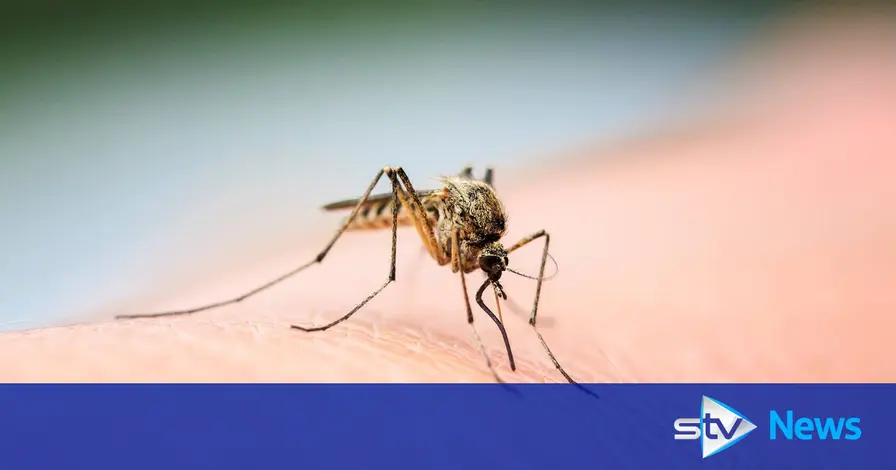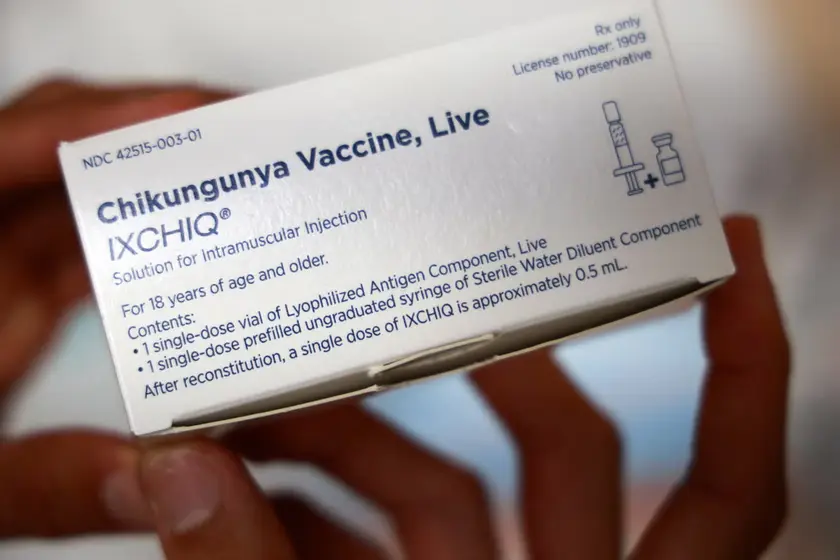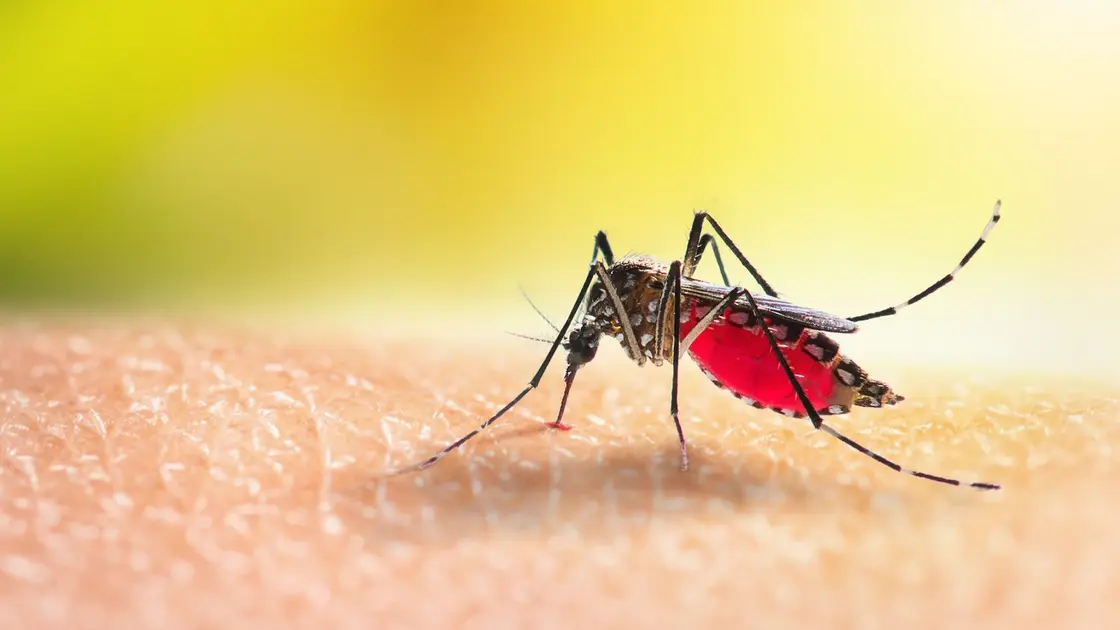T4K3.news
Chikungunya travel advisory
UK health authorities report rising chikungunya cases linked to travel and urge travelers to take bite prevention measures.

UK health authorities warn of a rise in chikungunya infections among travellers and urge bite prevention as the virus spreads globally.
Chikungunya cases rise among travelers in UK
Data from the UK Health Security Agency shows 73 chikungunya cases in England between January and June 2025, up from 27 in the same period last year. Most cases involve travel to Sri Lanka, India and Mauritius, and all were reported in England, mainly in London. The report also notes the first UK cases of oropouche virus linked to travel from Brazil.
Officials say there is currently no risk of onward transmission in the UK because the mosquito species that spread chikungunya are not established here. The illness is typically found in Africa and Asia, but cases have appeared in Europe and North America. The World Health Organization warns that the virus is spreading and could become endemic in parts of Europe if temperatures rise further. It has urged urgent action to limit spread.
Key Takeaways
"Chikungunya can be a nasty disease and we are seeing a worrying rise in cases among travellers"
Dr. Philip Veal UKHSA on rising travel related cases
"Simple steps such as using insect repellent and covering up greatly reduce risk"
Public health guidance on bite prevention
"We are seeing history repeating itself"
WHO medical officer comment on global spread
"5.6 billion people at risk"
WHO warning about global reach
Travel related infections test the limits of public health. A warming climate and more international travel mean outbreaks can move faster and farther. The UK remains a buffer today, but that buffer can shrink if local mosquitoes adapt to new conditions. Public health systems should invest in surveillance and clear guidance without causing alarm.
Policy and funding will shape the response. Strong local action on vector control, better data sharing and sustained funding for labs and health services will determine whether rising cases translate into real risk for communities. Global coordination matters as much as local vigilance.
Highlights
- Chikungunya can be a nasty disease and we are seeing a worrying rise in cases among travellers
- Simple steps such as using insect repellent and covering up greatly reduce risk
- We are seeing history repeating itself
- 5.6 billion people at risk
Public health risk from rising chikungunya cases
Rising travel related infections raise concerns about possible local spread as climate and travel patterns shift. The UK is not yet seeing local transmission, but global spread and warmer weather could change that. The situation warrants sustained funding, vigilant surveillance and clear public guidance.
Public health vigilance must match the pace of global spread as travel and climate change reshape risks.
Enjoyed this? Let your friends know!
Related News

Chikungunya outbreak reported in southern China

China faces significant chikungunya outbreak

China reports over 7,000 chikungunya virus cases

Chikungunya outbreak expands in China

Chikungunya outbreak forces new tactics in Foshan

CDC issues travel warning for chikungunya outbreak in China

UK travel health alert

Chikungunya outbreak in China reaches nearly 8,000 cases
